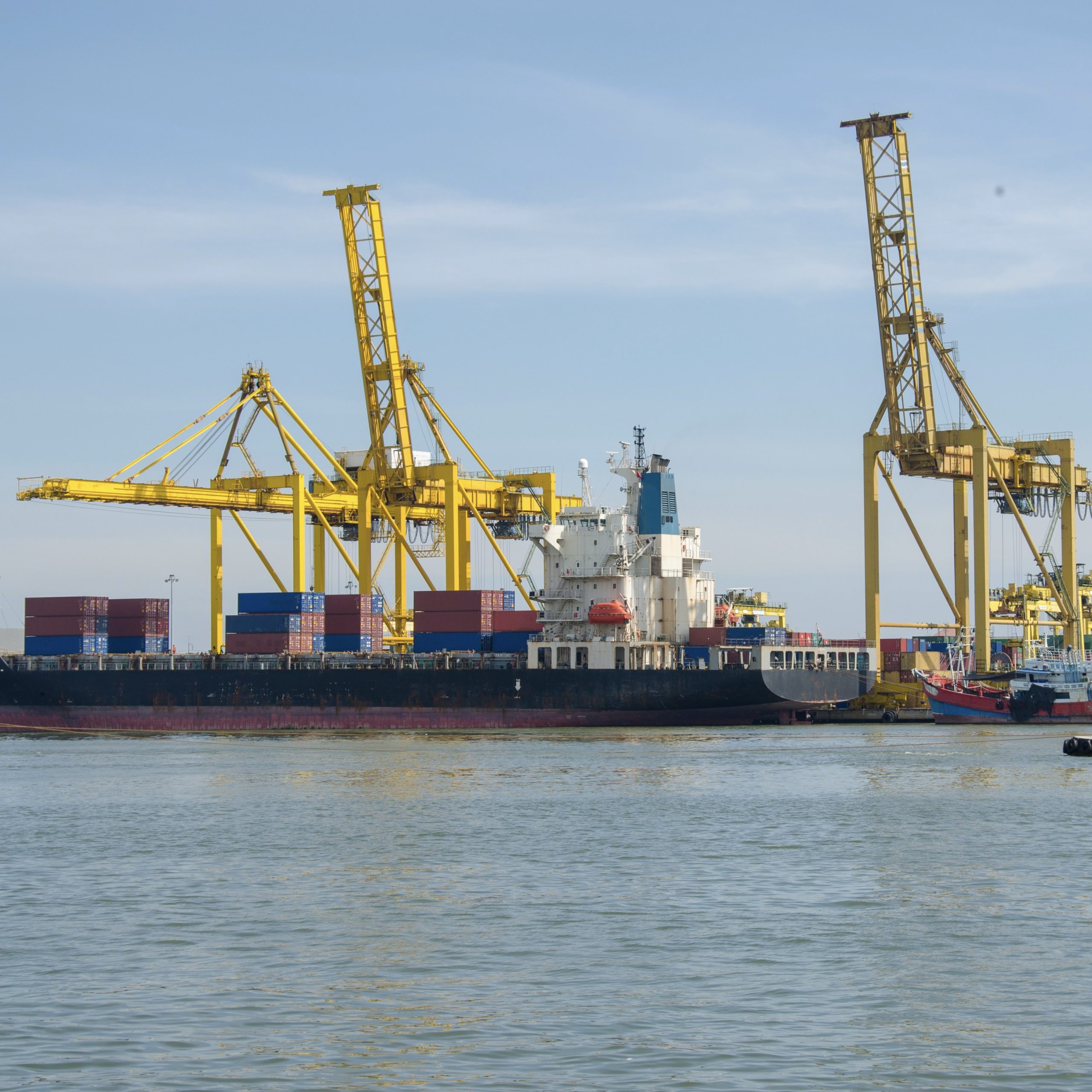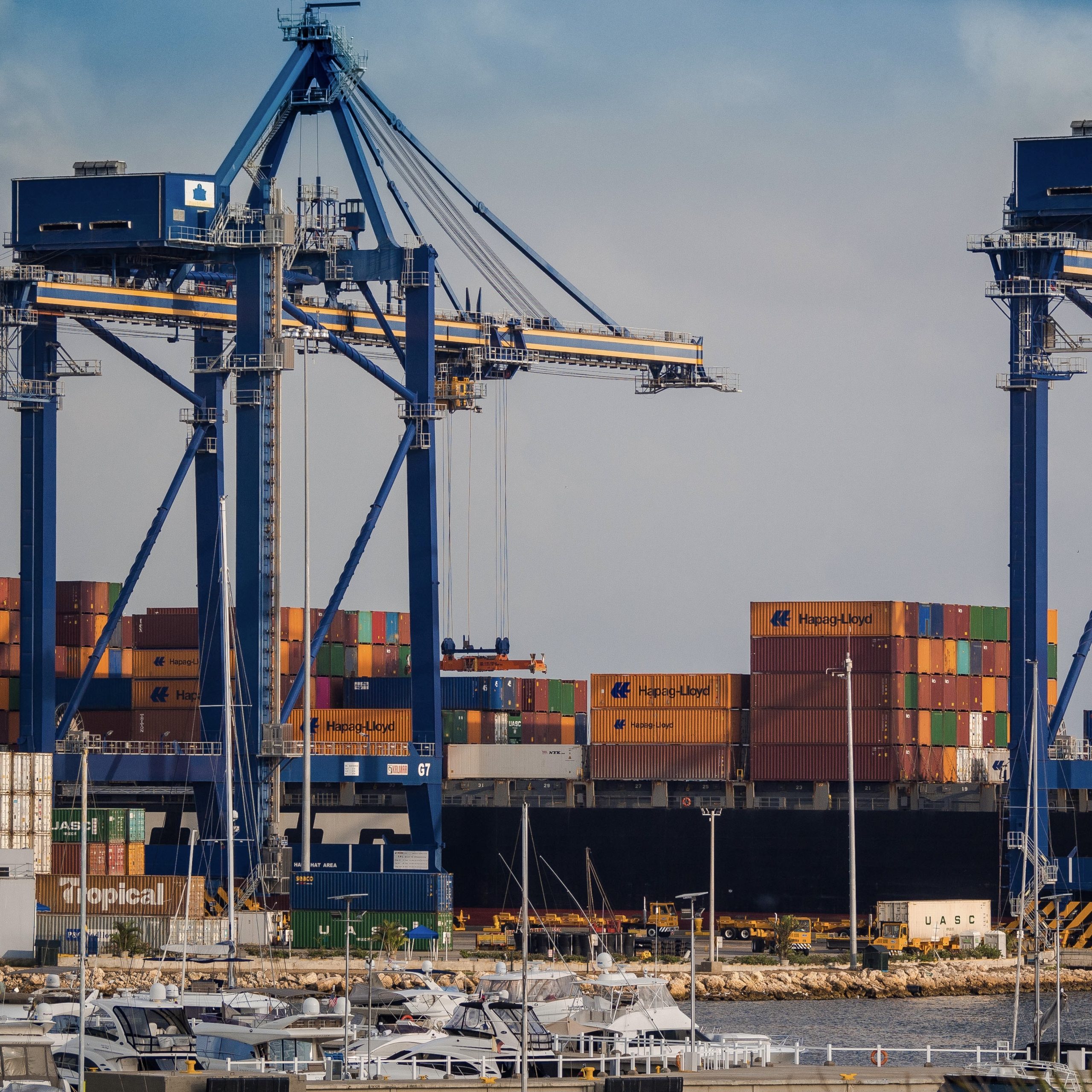SiShips 2023 Shipping Industry Forecast

We Asked Our Team To Share Their Thoughts About Upcoming Trends
The shipping industry is more intertwined than ever with the daily life of billions around the globe. As a vital player in the world economy, freight forwarding has undergone significant changes and unique challenges in recent years, including fallout from the Covid-19 pandemic, international conflict, and increasing environmental regulations. These developments have had a profound impact on the shipping industry.
We asked the members of the Sheltered International team their impressions on the current state of the shipping industry and possibilities for the future. Read on as we explore the key developments that are shaping the industry and what it all means for businesses, consumers, and the wider global economy.
Have Shipping Profits Peaked?
Shipping profits exceeded all projections in 2022. Companies took this windfall and invested it in improved infrastructure and expanding their air and sea fleets. Profits are now returning to pre-COVID level and “carriers are hungry for business again,” says Andrew Ciccarone.
Derick Mullikin, in charge of Import Operations at Sheltered International, notes “shipping profits peaked during the middle to end of last year. I don’t foresee a rise as many companies increased their imports last year and are now sitting on warehouses full of products. With the cost of living increasing, many consumers aren’t buying what isn’t necessary. In the long run, this could end up hurting many companies as they sit on products that aren’t being sold.” “That should help bring transportation costs down for consumers,” adds Will Moseley, an expert on our team in international freight forwarding.
Import Specialist Kim Cummiskey believes shipping costs seemed “to have reached a bottom. Warehouses have been overstocked reducing the demand on freight, but as the stocks deplete and replenishments are needed, the freight costs will rise again.” Operations Manager Michele Rockwell agrees, “shipping costs will rise as demand increases” throughout the year. It won’t be a surprise if Q3 profits rise to meet the demand for the holiday season.
How Will International Relations Affect Trade?

Few industries are as dependent on international partnership as shipping and trade. Everything from tariffs imposed on China to Russia’s invasion of Ukraine has an effect on the end price of consumer goods.
“The United States relationship with China will cause a detrimental effect on trade between the two nations,” says Derick Mullikin. “The Section 301 tariffs could add 7.5% to 25% additional duty. The U.S. could very likely add additional sanctions on China, and vice versa.” Andrew Ciccarone has noticed “clients are diversifying their supply chains out of China. [We’ve seen] near-shoring in Mexico, for example. We see a lot of garments moving to India and Bangladesh, some are moving back to the U.S.”
Will Moseley takes a more measured approach. “U.S. and China trade is very unique, the traffic being lopsided with imports to the U.S. far outdistancing exports from the U.S. to China. We both need each other and major changes don’t happen in that [partnership] unless duty rates are revised.”
As far as Ukraine is concerned, immediate fears following the invasion have subsided. “It hasn’t affected U.S. trade nearly as much as it has Europe,” observes Ciccarone.
What New Technology Will Change the Shipping Industry?
New technologies are constantly changing the world around us, but the shipping industry is one that is slow to adopt changes. “Artificial Intelligence could be very beneficial to pick-and-pack warehouses, allowing individuals working to handle more complex issues,” says Michelle Rockwell. Artificial intelligence can be used to improve efficiency, but it is still a long way off from taking over the step-by-step process of facilitating and carrying out international freight forwarding without human supervision.
Green fuels and technologies are also a ways away. “I do not feel we have the infrastructure in place at this time,” says Rockwell. “It will take years for the U.S. to put the infrastructure in place that is needed.” We’ll only see green energy used if it “can be more cost effective than fossil fuels or if it’s mandated by the government,” adds Andrew Ciccarone.
“We’re already seeing airlines, in particular, offer ‘green’ fuel solutions, which add a lot of additional expense,” says Will Moseley. “The end consumer will see a difference with prices, as the cost of shipping will increase,” Derick Mullikin remarks. Due to feasibility and cost, it is unlikely shipping companies will make any change to green fuel anywhere on the horizon.

How SiShips Gives You the Advantage
Sheltered International combines expertise with state of the art software to bring you quality domestic and international shipping solutions. SiShips puts the shipper in control, offering efficient and cost effective ways to ship your product.
To learn more about managed transportation with SiShips, or to view a demo of our software, contact us today.

